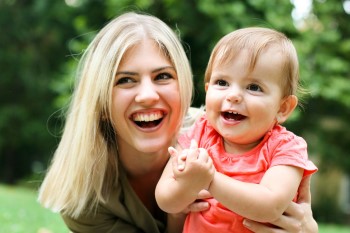what is rsv in babies australia
Yet there is no systematic monitoring of. Most kids have had the virus by the time they turn 2.

Respiratory Syncytial Virus All Infants Are At Risk Sanofi
Its Time to Speak out for All Infants Against the Impact of Severe RSV Disease.

. Respiratory syncytial virus RSV infection is the most common cause of bronchiolitis and pneumonia among infants under 1 year of age. Respiratory syncytial virus or RSV is a virus that causes respiratory infections. Up to 90 per cent of bronchiolitis hospitalisations and up to 50 per cent of hospital.
RSV is a common respiratory pathogen so common in fact that nearly all of us are infected with it by the age of two. Infants under one year old are more likely to experience severe RSV infections requiring hospitalisation. Illness is common in children under 2 years of age.
RSV is the most common cause of lower respiratory tract infections in infants and young children. Illness is common in children under 2 years of age. RSV is a common cause of bronchiolitis and pneumonia in children.
Bronchiolitis is inflammation of small air. RSV infects the lungs bringing a cough and cold. Infants who get an RSV infection almost always show symptoms.
RSV or respiratory syncytial virus is a common respiratory virus that causes cold symptoms coughing and sometimes breathing problems in babies. The Interseasonal Resurgence of Respiratory Syncytial Virus in Australian Children Following the. Most people recover in a week or two but RSV.
Ad RSV is a respiratory virus that can maybe lead to hospitalization or death in those 60. What is RSV. In this age group RSV can cause.
Most children recover easily but some suffer from a pneumonia-type infection that can put a small number in. RSV causes infections of the lungs and respiratory tract. It is pronounced sin-sish-uhl.
Ad Severe RSV Disease is Unpredictable Any Infant can be Hospitalized in their First Season. RSV is a common winter illness in children but 2020 was different. Approximately one-half of all.
Respiratory syncytial virus or RSV is a virus that causes respiratory infections. Ad RSV is a respiratory virus that can maybe lead to hospitalization or death in those 60. These symptoms normally resolve without treatment.
And for kids who are toddler-age and older. It is most common in the fall and winter months when colds are more. This respiratory virus typically causes mild coldlike symptoms in older children and adults but it can lead to more serious problems in babies and young children.
What is Respiratory Syncytial Virus RSV RSV is the most common cause of lower-respiratory-tract infection in infancy or childhood. Its Time to Speak out for All Infants Against the Impact of Severe RSV Disease. RSV stands for Respiratory Syncytial Sirus and is a common condition known to cause cold-like symptoms.
RSV is a seasonal virus that primarily affects children and its really common. Ad Severe RSV Disease is Unpredictable Any Infant can be Hospitalized in their First Season. Respiratory syncytial virus or RSV is a virus that causes respiratory infections.
Children infected as neonates have the most severe infections and may present with non-specific symptoms such as lethargy and poor feeding upper respiratory tract infection or lower. Respiratory syncytial virus RSV is the most common cause of bronchiolitis and pneumonia in young children under the age of 12 months. Respiratory syncytial virus RSV is the most common cause of respiratory and breathing infections in children.
Recovery tends to take a week or two. For the vast majority of people this virus causes a mild. Respiratory syncytial sin-SISH-uhl virus or RSV is a common respiratory virus that usually causes mild cold-like symptoms.
Respiratory syncytial virus RSV SA Health Respiratory syncytial virus RSV is the most common cause of bronchiolitis and pneumonia among infants under one year of age. Respiratory syncytial virus RSV presents very similar to influenza and is the principle cause of bronchiolitis in infants and young children worldwide. RSV or respiratory syncytial virus is highly contagious virus that affects the respiratory tract.
This is different from adults who can sometimes get RSV infections and not have symptoms. In this age group RSV can cause bronchiolitis inflammation. For the vast majority of people this virus causes a mild disease resembling a heavy cold with runny nose and cough.
RSV is highly contagious. In healthy adults and older children RSV symptoms are mild and are very similar to the common cold however in. If you or a loved one are aged 60 you may be eligible to join a RSV vaccine trial.
Its the most frequent. If you or a loved one are aged 60 you may be eligible to join a RSV vaccine trial.

Bronchiolitis And Rsv After Hours Kids Pediatric Clinic
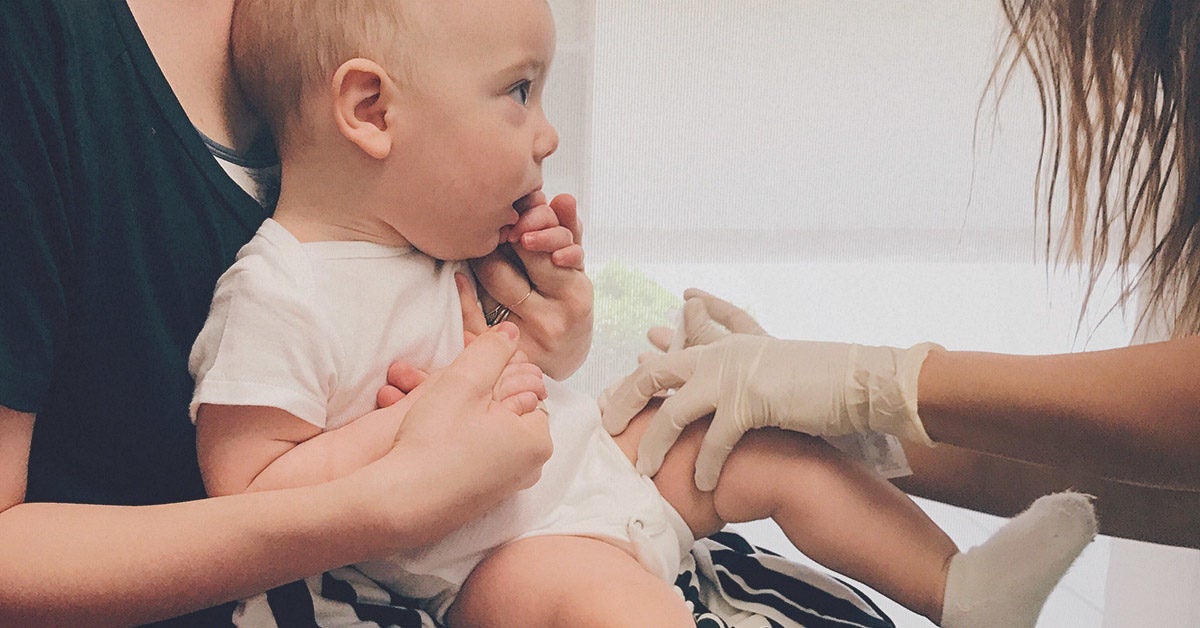
Rsv Respiratory Syncytial Virus Test
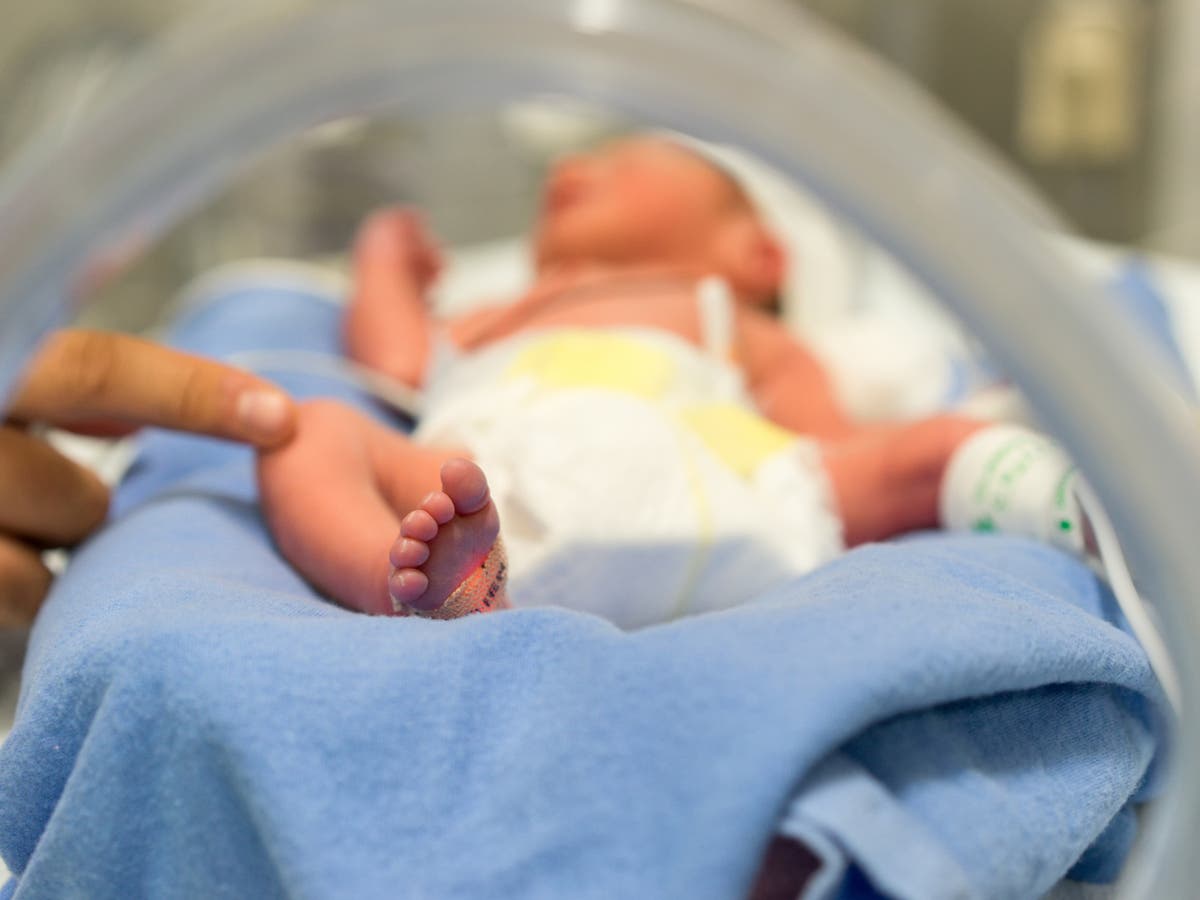
Nhs Expands Immunisation Against Childhood Virus Amid Fears Of 50 Per Cent Surge In Cases The Independent
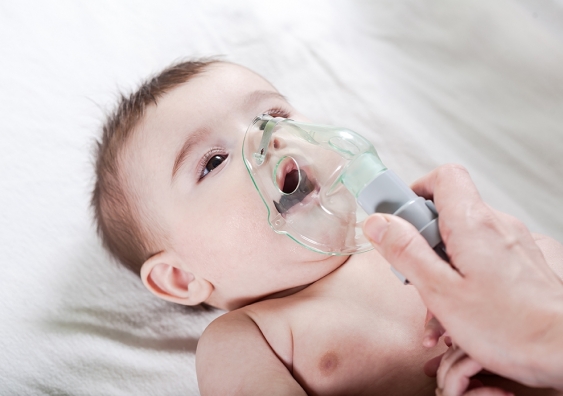
Rsv Study Reveals Age When Infants Are Most Vulnerable To Asthma Unsw Newsroom

Is It Rsv Or Covid Here Are Symptoms Parents Should Watch For Huffpost Life

Respiratory Syncytial Virus All Infants Are At Risk Sanofi

How Rsv Affects Babies And Young Children Babycenter

Bronchiolitis And Rsv After Hours Kids Pediatric Clinic

We Boosted Babies Immune Systems And It Protected Them From Serious Lung Infections New Research

Rsv What Is It And Why Are Child Cases Surging In The Wake Of Covid 19 Newsnation

How Rsv Affects Babies And Young Children Babycenter

Pin By Cyn Harkins On All Lifelike Baby Dolls Reborn Baby Dolls Baby Dolls Realistic Baby Dolls
Covid 19 Pandemic Temporarily Separates New Mom Baby
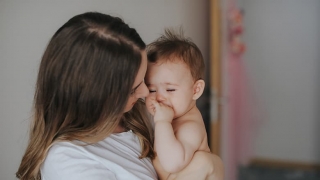
Respiratory Infections And Bronchiolitis In Children Children S Hospital Of Philadelphia

Beer And Diaper Party Invitation A Man Baby Shower Girl Baby Shower For Men Daddy Baby Shower Diaper Parties
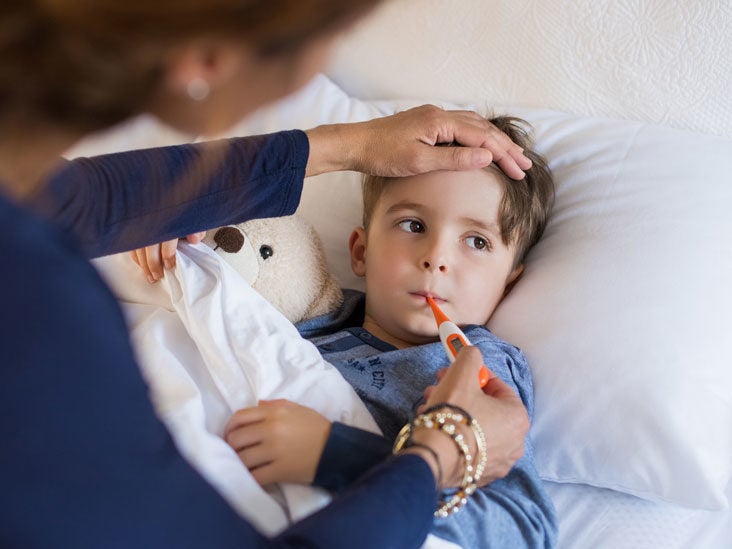
Rsv Respiratory Syncytial Virus Test

What Is The Difference Between Croup And Bronchiolitis Imc Health
